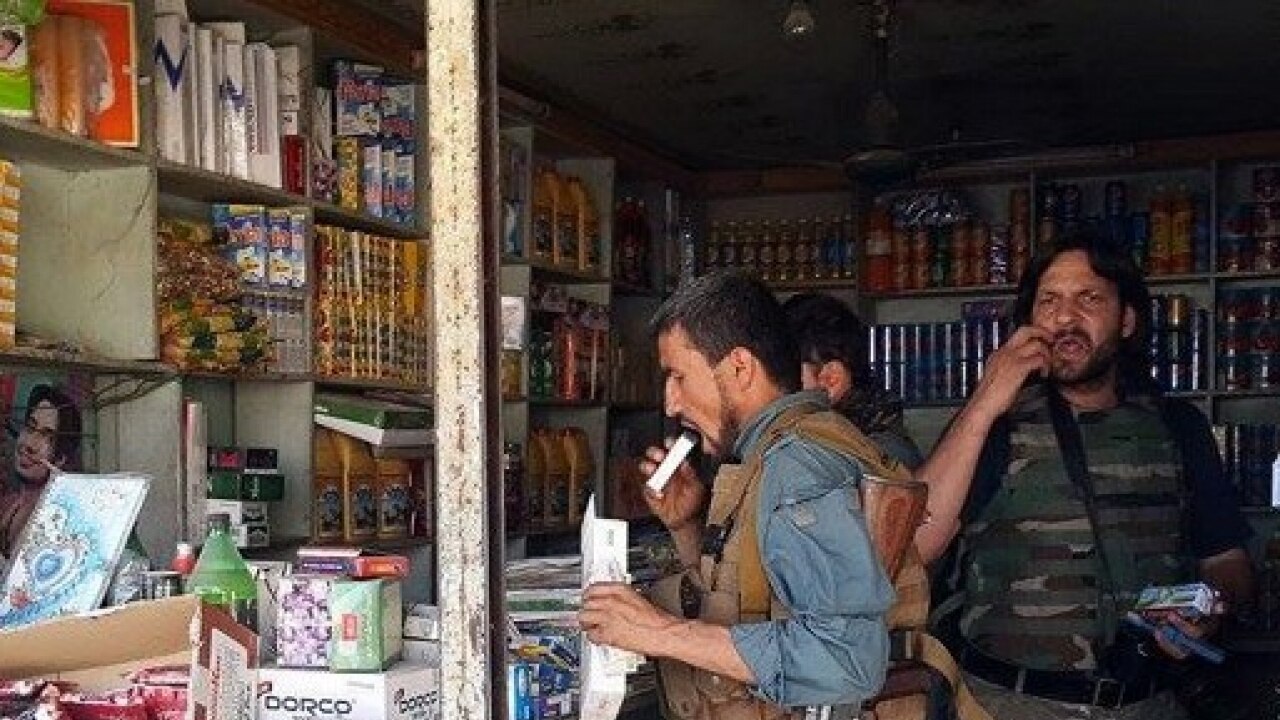
Last week’s developments in Afghanistan were disturbing. The Taliban on Monday claimed to have occupied the northern Afghan city of Kunduz. By Thursday, Afghan security forces challenged that they have re-occupied Kunduz. The Taliban, however, still continue to insist that fighting in and around Kunduz is going on. Amidst the claims and counter-claims made by the two warring sides, the actual ground situation has remained somewhat unclear.
But the broad framework within which the recent developments should be analysed is this: the Taliban takeover of Kunduz, even if it endured for a couple days, is indeed an unpleasant reminder of how strong their presence still is in the region. This is the first big military operation by the Taliban since the winter of 2001 when the American army entered Kabul and pushed the insurgents back. It almost appeared then that the Americans had defeated the Taliban without a fight. This has turned out to be cold comfort.
In the last decade and more, the Taliban dispersed, but did not disappear. The capture of Kunduz marks the military comeback of the militant Islamic group. More importantly, Taliban’s renewed success has happened in the far north of Afghanistan, which is not a traditional Taliban territory. Kandahar in the south used to be considered a Taliban stronghold. It is this strategic shift in the theatre of war that should worry the Afghanistan government.
They should ponder why the Taliban have emerged as a winning fighting force in the north, in a manoeuvre to outflank the government.
Perhaps, the Taliban have learnt their lessons from their 2001 rout. During that period, they were mostly confined to Kandahar and the south and a majority of them belonged to the majority Pashtun community. Now, they seem to be moving into northern Afghanistan. During the Taliban-ruled period of Afghanistan between 1996 and 2001, the northern part remained the domain of the anti-Taliban Northern Alliance, led by Ahmed Shah Massoud and headquartered in Mazar-i-Sharif. The government of President Ashraf Ghani and of Prime Minister Abdullah Abdullah, as well as their American military advisers, need to take this new development seriously.
For quite a few years now, the Americans as well as the government of Afghanistan have been engaged in the exercise of getting the less intransigent of the Taliban groups to join mainstream politics. There was even an attempt to talk to the Taliban hard-liners. The Americans were keen on it. They recognised that there would be no permanent peace in Afghanistan as long as the Taliban remained the disgruntled outsiders. Pakistan, the original patrons of the Taliban, too, supported the move. As a matter of fact, negotiations were actually going on with the Taliban in Qatar for a while before they were discontinued.
By mounting a full-scale military attack on Kunduz, the Taliban seem to suggest other plans as well. The calculation could be that with the American forces out of the country, and the democratically elected government quite fragile, they are hopeful of regaining power. Pakistan would lend them support. The democrats who had emerged under the American auspices are fearful of Pakistan manipulations. President Ashraf has been trying to come to an understanding with Pakistan so that the decade-old political set-up in Kabul would remain stable.
Pakistan’s army had been ruthless in fighting and pushing back the Pakistan Taliban in Pakhtoonkhwah (the old North-West Frontier Province) and Waziristan. But its attitude towards Afghanistan’s Taliban is quite different from that in its own country. Pakistan feels it would be able to exert influence in Afghan affairs if the Taliban continue to be present in its politics. The Americans, it seems, are willing to go along with Pakistan, though the reasons for doing so are unclear. As a consequence, the Taliban remain important players in Afghan politics, and are a source of constant worry to the government in Kabul. But it is as clear as daylight that democracy in Afghanistan is not safe unless and until the Taliban are either decisively defeated militarily or they voluntarily choose to join the democratic process.